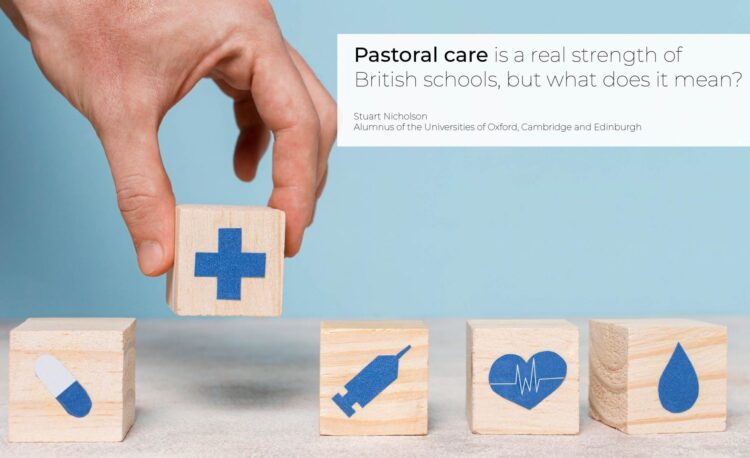Pastoral care is a real strength of British schools, but what does it mean?
Pastoral care is what a school ds toto ensure the physical and emotional welfare of its students. It can also be described as taking care of the health and well-being of the children in the school. Both of these descriptions are correct, but the provision is far more diverse and influential on the overall education than would at first appear.
What are the basics that are involved in pastoral care?
Physical welfare involves making sure that the school buildings are safe, warm, and that the facilities are suitable. In British boarding schools the provision is usually exceptionally good, with comfortable bedrooms, excellent teaching facilities, lots of open space and fields that belong to the school, as well as sports centres, fitness gyms, music and drama studios and first-rate food prepared by experienced and expert chefs.
What is involved in proper healthcare?
This begins before the student leaves home, with the school requiring detailed information about any health conditions that might affect the student so they can make sure that they are properly prepared to respond to any health needs student may have. Most schools have their own qualified nursing staff in case students are ill or injured and have close links for specialist help from doctors or dentists or other medical professionals when needed. Many staff in British schools are also trained in first aid.
Both of these are of course extremely important, but emotional welfare and general well-being are much more than these fundamental requirements.
The ambitions of British boarding schools are to help young people grow up to be good citizens – not just focused on their own selfish preferences, but to be aware of and sensitive to the needs of others. This is achieved by helping young people become independent and personally organised, so that they use their time well, and by getting them to contribute to a successful and mutually supportive community.
How does this will happen?
In British boarding schools, staff take just as much care and interest in what students are doing outside class as inside class, because this is so important in developing a young person’s character. Students learn to be responsible, whether this is manging their own laundry, keeping their room tidy or switching off their mobile phone and getting enough sleep.
Parents are often amazed by how willingly their children learn to accept and then value this self-discipline, but it is a key part of what boarding schools do.
The schools are very good at establishing norms of behaviour, where it is normal to get up, have a shower and make your own bed… new students do it because everyone else does it. It is normal to sort out your clothes, hang up clean ones, put out dirty ones. When you’re old enough, you do your own laundry too. There are staff who remind children who forget and teach the children who don’t know how to fold a shirt or use a vacuum cleaner.
Students also learn how to do things together and for one another – “Houses” are not just where students sleep, but social groupings and teams who work together, play in teams together, do plays and music together. And there are staff who specialise in making all this work.
It is amazing to think how well this works, but it is one of the key parts of boarding school education. Impossible to measure, but whose value is immeasurable.

